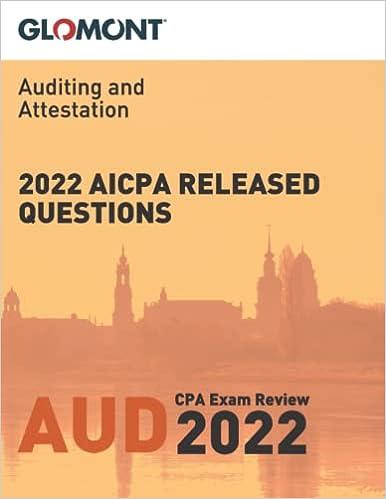Question
QUESTION 1 Source: Leader Humour as an Interpersonal Resource: Integrating Three Theoretical Perspectives. Abstract We integrate theoretical perspectives on humour to test the processes through
QUESTION 1
Source: Leader Humour as an Interpersonal Resource: Integrating Three Theoretical Perspectives.
Abstract We integrate theoretical perspectives on humour to test the processes through which leader humour (LH) facilitates subordinate organizational citizenship behaviours (OCBs). In doing so, we argue that humour is a key interpersonal resource for leaders and derive our comprehensive model with logic from three individual-resource-related theoriessocial exchange theory, conservation of resources theory, and broaden-and-build theory. Leader-triggered positive emotion and subsequent social exchange, operationalized as leadermember exchange (LMX), functioned as key sequential mechanisms mediating the relationship between LH and subordinate OCBs. LH induced positive emotion in subordinates, which fostered high-quality LMX and, in turn, OCBs. Contrary to expectations, the stress relief explanation of LH was not supported. This research contributes to knowledge of humour in organizations, and particularly LH, as it is the first to establish a link between LH and OCBs and also represents the first integration and concurrent examination of three functions of humour. We additionally offer empirical contributions to the humour literature by providing a comprehensive test of prior conceptual arguments regarding mechanisms of LH and validating a measure of LH that can be used in future research. For LMX research, we draw attention to LH as an overlooked but important socioemotional resource for social exchange.
a. Based on the content of the abstract identify and discuss the type of research conducted by Cooper, Kong, and Crossley (2018), and unpack the main theory employed in the research and the contributions to the body of knowledge
b. Elaborate on the motivation for this paper, highlighting the focus of inquiry (i.e. the broad question of interest).
c. Based on the abstract alone, identify the independent (predictor) variable (IV), mediator variable (MV), and dependent (criterion) variable (DV) underpinning Cooper et al.s (2018) study.
d. Using a simple structural model, illustrate the authors conceptualisation of the processes through which leader humour (LH) facilitates subordinate organizational citizenship behaviours (OCBs).
e. Comment on the strategic relevance of Cooper et al.s (2018) findings
f. Provide a Harvard-style citation of Cooper et al.s (2018) article.
Step by Step Solution
There are 3 Steps involved in it
Step: 1

Get Instant Access to Expert-Tailored Solutions
See step-by-step solutions with expert insights and AI powered tools for academic success
Step: 2

Step: 3

Ace Your Homework with AI
Get the answers you need in no time with our AI-driven, step-by-step assistance
Get Started


